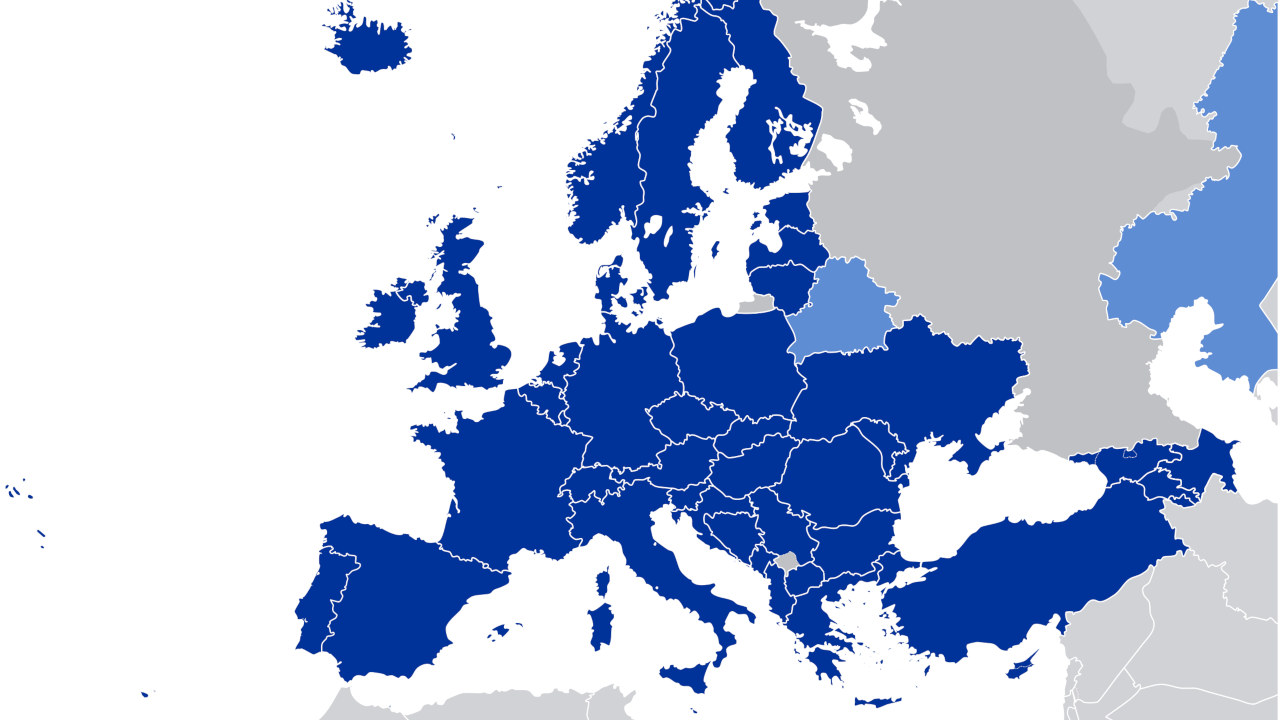
Au coeur de la société, ses normes et ses révolutions
Juristes, politologues et criminologues s’interrogent sur le quotidien du citoyen : la norme, son utilisation, ses enjeux. Les sociétés évoluent. Leurs connaissances et leurs pratiques se renouvellent pour faire face aux défis de demain.














